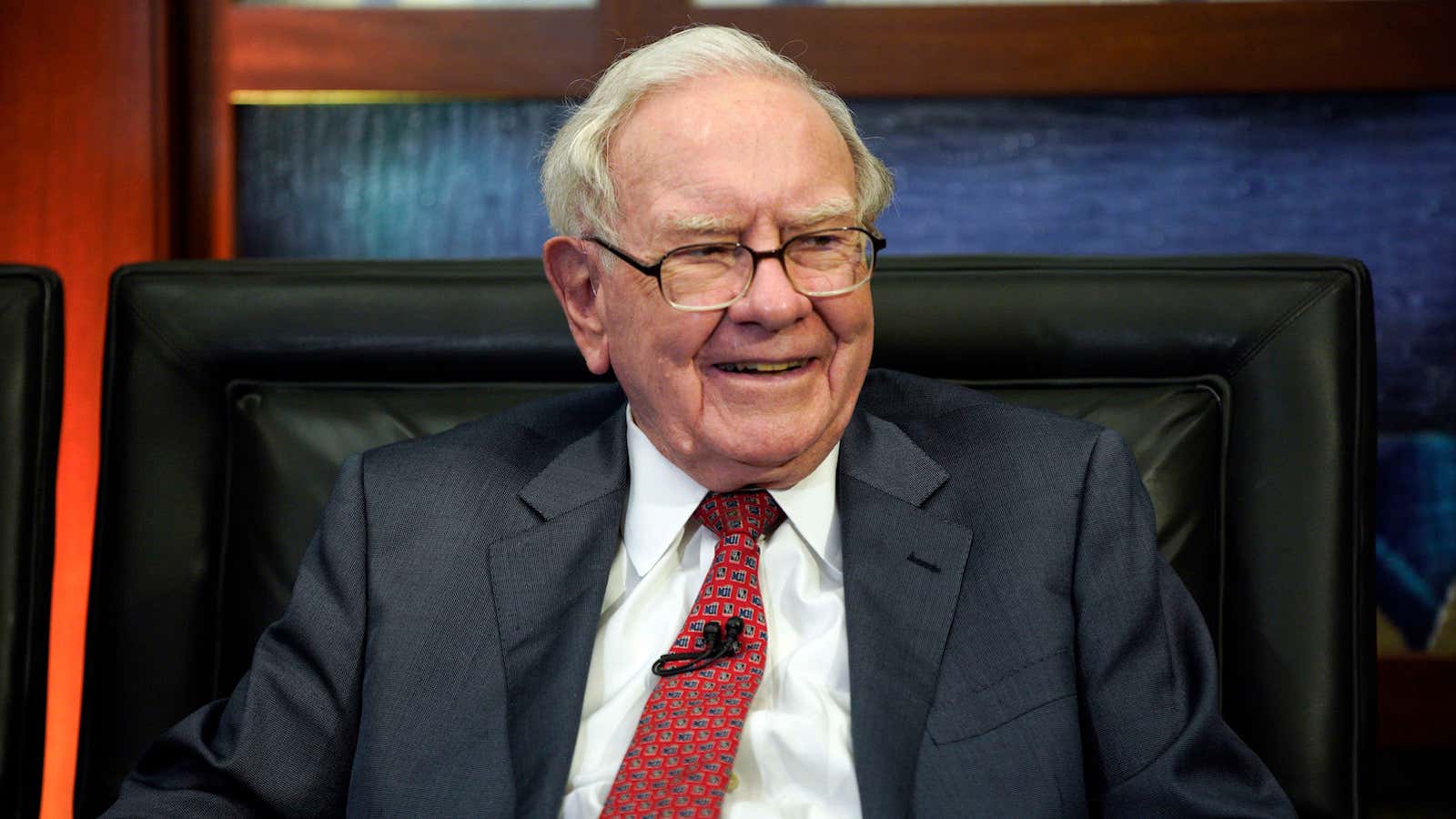Warren Buffett is a famously voracious reader, allegedly devouring up to 500 pages of information a day. According to his biographer Alice Schroeder, he starts the workday with a stack of newspapers, magazines, and newsletters before moving on to daily and monthly reports from the companies he owns and annual reports from companies he doesn’t own but finds intriguing for some reason.
He keeps hours on his daily schedule blocked out for reading, and for thinking about and digesting the information he has just read. As Buffett has often explained, the result of this is knowledge that compounds over time, as reliably as the value of his investments.
Indeed, just as quality companies typically offer better returns over the long term, the quality of information consumed makes a difference when you’re building an internal library of knowledge.
On his blog Farnam Street—named for the Omaha thoroughfare where Berkshire Hathaway’s office sits—the writer Shane Parrish recently took a closer look at the type of information Buffett invests his time in.
“While most of us focus on consuming information that we won’t care about next month, let alone next year, Buffett focused on knowledge and companies that change very, very slowly or not at all,” Parrish writes. “And because the information he was learning changed slowly he could compound his knowledge over time.”
As Parrish puts it, Buffett focuses on information “with a long half-life”—material with staying power, that is less likely to become obsolete in the foreseeable future. Rather than the latest trend or current event, this more valuable vein of knowledge is that on which other knowledge can be built. Understanding political history is lasting knowledge; the latest tweets from a mercurial politician, let’s say, would be an example of what Parrish calls “expiring knowledge.”
“Here are a few telltale signs you’re dealing with expiring information,” Parrish advises. “First, it’s marketed to you. Second, lacking details and nuance, it’s easily digestible. This is why it’s commonly telling you what happened, not why it happened or under what conditions it might happen again. Third, it won’t be relevant in a month or a year.”
Buffett has often called time the most valuable resource—an asset that even a person with a bank account the size of Buffett’s can’t buy. When allocating your precious reading hours, make sure it’s an investment that will reward you later.
